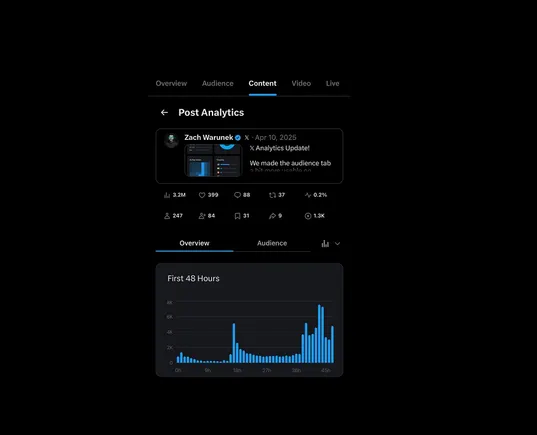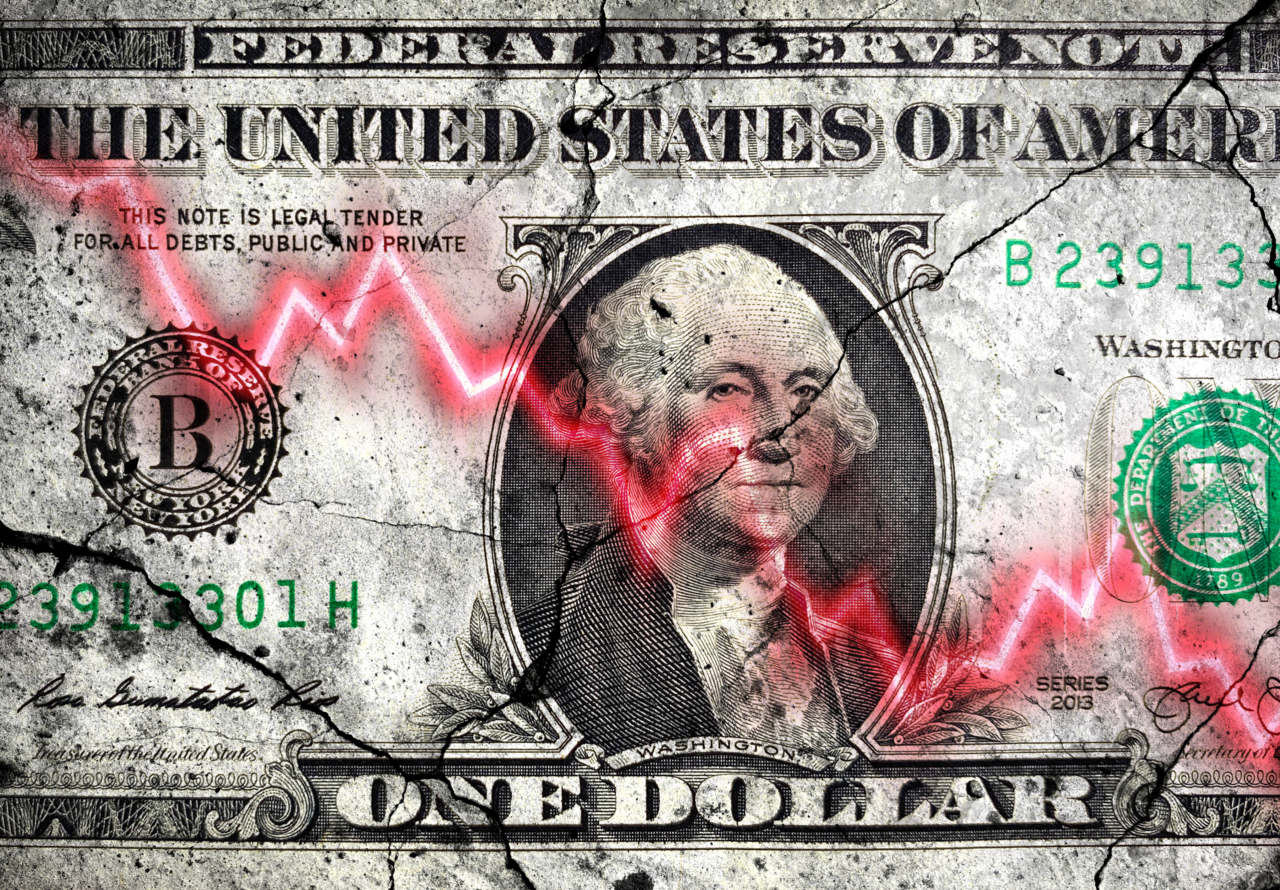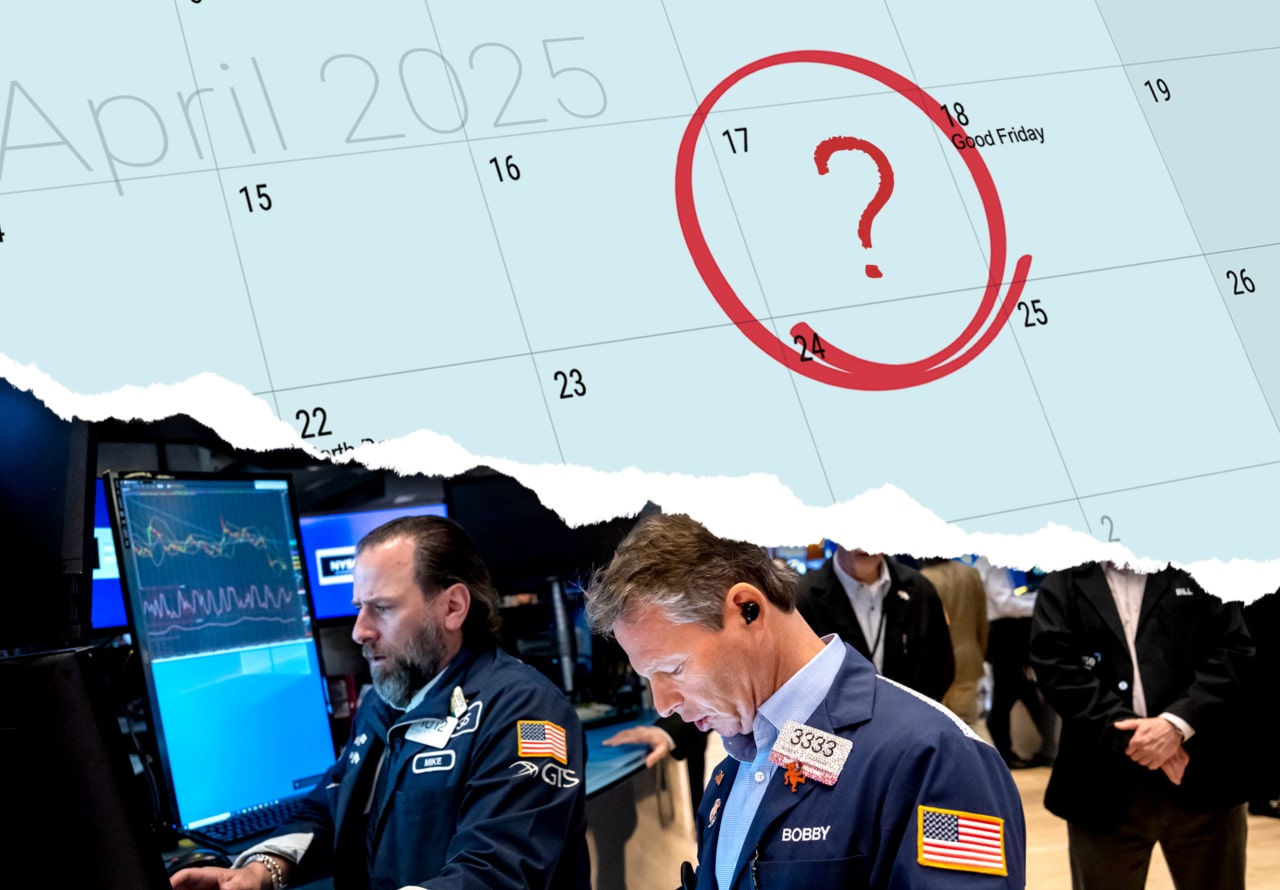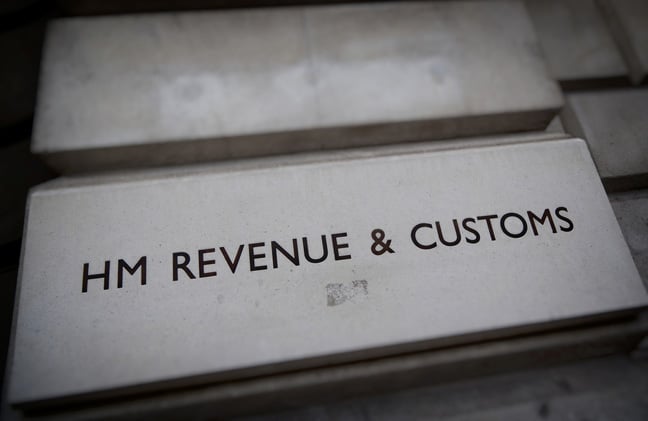Wall Street Analysts Are Slashing Their Stock Market Forecasts. Here's What You Should Do, According to History.
The S&P 500 has delivered a compound annual return of 10.5% since it was established in 1957. However, the index is coming off back-to-back annual gains of more than 25% in 2023 and 2024, which is something it has only achieved one other time in its history (during the dot-com tech boom in 1997 and 1998). Many Wall Street analysts entered 2025 predicting another above-average return, citing business-friendly policies from the new Trump administration and a continuation of the artificial intelligence (AI) boom. But the reality has been very different so far -- the S&P 500 has plunged by 17% from its recent record high, as President Trump laid out plans to impose sweeping tariffs on America's trading partners last week.The tariffs could deal a blow to global economic growth, forcing Wall Street analysts to slash their 2025 price targets for the S&P 500. But no matter the trigger, stock market corrections are a normal part of investing, and history lays out a very clear playbook for dealing with them. Here's what investors should do.Continue reading

The S&P 500 has delivered a compound annual return of 10.5% since it was established in 1957. However, the index is coming off back-to-back annual gains of more than 25% in 2023 and 2024, which is something it has only achieved one other time in its history (during the dot-com tech boom in 1997 and 1998).
Many Wall Street analysts entered 2025 predicting another above-average return, citing business-friendly policies from the new Trump administration and a continuation of the artificial intelligence (AI) boom. But the reality has been very different so far -- the S&P 500 has plunged by 17% from its recent record high, as President Trump laid out plans to impose sweeping tariffs on America's trading partners last week.
The tariffs could deal a blow to global economic growth, forcing Wall Street analysts to slash their 2025 price targets for the S&P 500. But no matter the trigger, stock market corrections are a normal part of investing, and history lays out a very clear playbook for dealing with them. Here's what investors should do.











































































































































![Daredevil Born Again season 1 ending explained: does [spoiler] show up, when does season 2 come out, and more Marvel questions answered](https://cdn.mos.cms.futurecdn.net/i8Lf25QWuSoxWKGxWMLaaA.jpg?#)




































.jpg)

















![How to Find Low-Competition Keywords with Semrush [Super Easy]](https://static.semrush.com/blog/uploads/media/73/62/7362f16fb9e460b6d58ccc09b4a048b6/how-to-find-low-competition-keywords-sm.png)



